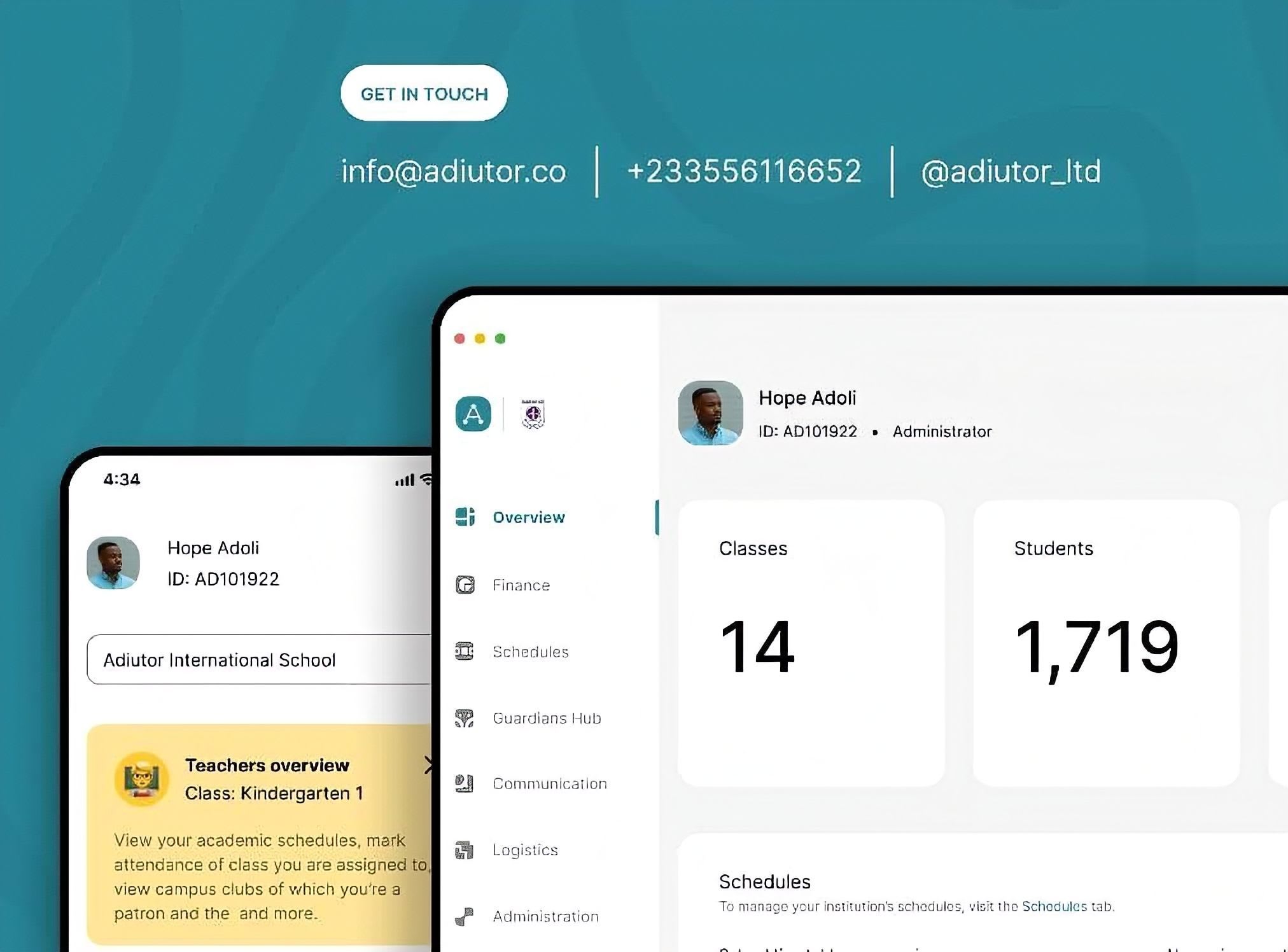The need for soft skills training in schools
If you want your children or students to succeed in school and life, you need to make sure they're getting soft skills training. Soft skills are the personal attributes and social skills that allow us to effectively navigate our environment and relationships.

Lessons learnt: The more we give importance to skill development the more competent will be our youth
If you want your children or students to succeed in school and life, you need to make sure they're getting soft skills training. Soft skills are the personal attributes and social skills that allow us to effectively navigate our environment and relationships. They include things like communication, teamwork, problem-solving, and emotional intelligence. While many schools still focus mainly on academic skills, more and more are beginning to realize the importance of teaching soft skills as well.
Why soft skills training is important in schools
Soft skills are essential for success in any field. They help you better understand and communicate with others. They improve your problem-solving and critical thinking abilities. They make you more adaptable and resilient in the face of change. Soft skills training can benefit everyone, from elementary school students to working adults. Investing in soft skills training can pay off in the form of better grades, improved workplace performance, and stronger relationships."
Soft skills training can help students to better understand and control their emotions, communication styles, and interactions with others. This type of training can also help students learn how to manage stress, deal with difficult situations, and resolve conflict effectively. For teachers, soft skills training can improve the classroom climate by helping them to better understand and relate to their students. In addition, soft skills training can help teachers more effectively manage their own emotions and stress levels.
Problem-solving skills for students
Problem-solving skills are important for students to learn in order to be successful in school and in their future careers. Critical thinking is a key component of problem-solving, and it is important for students to practice this skill. People management skills are also important for students to learn, as they can help with collaboration and teamwork.
Critical thinking and problem-solving are important skills for students to develop in the classroom. By teaching critical thinking and problem solving, teachers can help their students learn how to think independently, solve complex problems, and make better decisions. Although teaching critical thinking and problem solving can be challenging, the benefits are well worth the effort. Students who are able to think critically and solve problems effectively will be better prepared for success in school and in life.
There are several institutions at the forefront of helping students develop these essential skills. Future Problem Solving (FPS) is an international educational program that helps students think creatively and systematically to tackle problems they will face in the future. FPS was founded in 1974 by Dr Theodore Creighton at the University of Maine, and today has over 30,000 participants in 22 countries around the world. The program encourages student teams to research global issues and develop innovative solutions using the Future Problem Solving Process - a six-step process that can be applied to any problem.
How to incorporate soft skills training into the curriculum
When developing the curriculum for your educational institution, it is important to stress the importance of soft skills development from the very beginning. Soft skills are essential for success in any field, and by incorporating training into every aspect of the curriculum, students will be better prepared for their future careers. Try to get creative with how you deliver soft skills training – make it interactive and fun! Be mindful of different learning styles when incorporating soft skills training into the curriculum – some students may benefit from more hands-on activities while others may prefer more theoretical approaches.
One way teachers can improve their curriculum is by paying attention to feedback from students and using it to inform changes. This process of continual improvement ensures that the curriculum stays relevant and engaging for everyone involved. Additionally, this feedback loop between teachers and students can help build a stronger sense of community in the classroom.
The future of soft skills education
In the future, as technological advances automate more traditional jobs, soft skills will become increasingly important. New technologies are creating opportunities for those with strong soft skills. The importance of adaptability and lifelong learning in a rapidly changing world. Education needs to evolve to keep up with the demands of the 21st-century workplace.
Soft skills training in schools is a great way to prepare students for the world outside the school. By teaching them how to communicate and work well with others and master critical thinking and problem-solving skills, they will be better equipped to succeed in their careers.

Adiutor
Adiutor means "helper" - we do just that, by taking a load of your school administration and helping you focus on what matters most: the kids.
